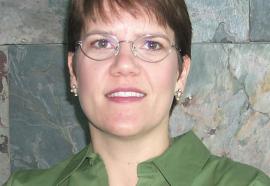California: Beginning Anew
The 2002 rhetoric sounds like pro-electric competition, but is it too little, too late?
In its recent efforts to tie up the loose ends left from the California Crisis, is the state setting itself up for a sequel, California Crisis II: A Not So Beautiful Market?









